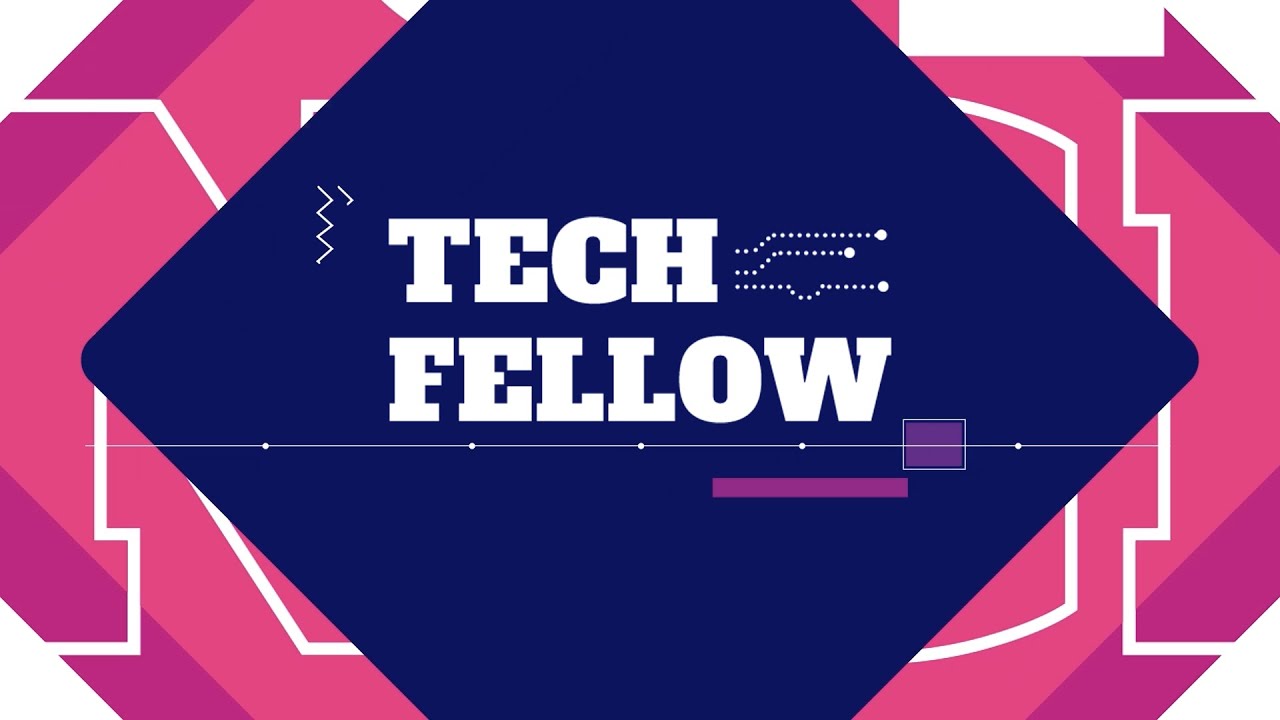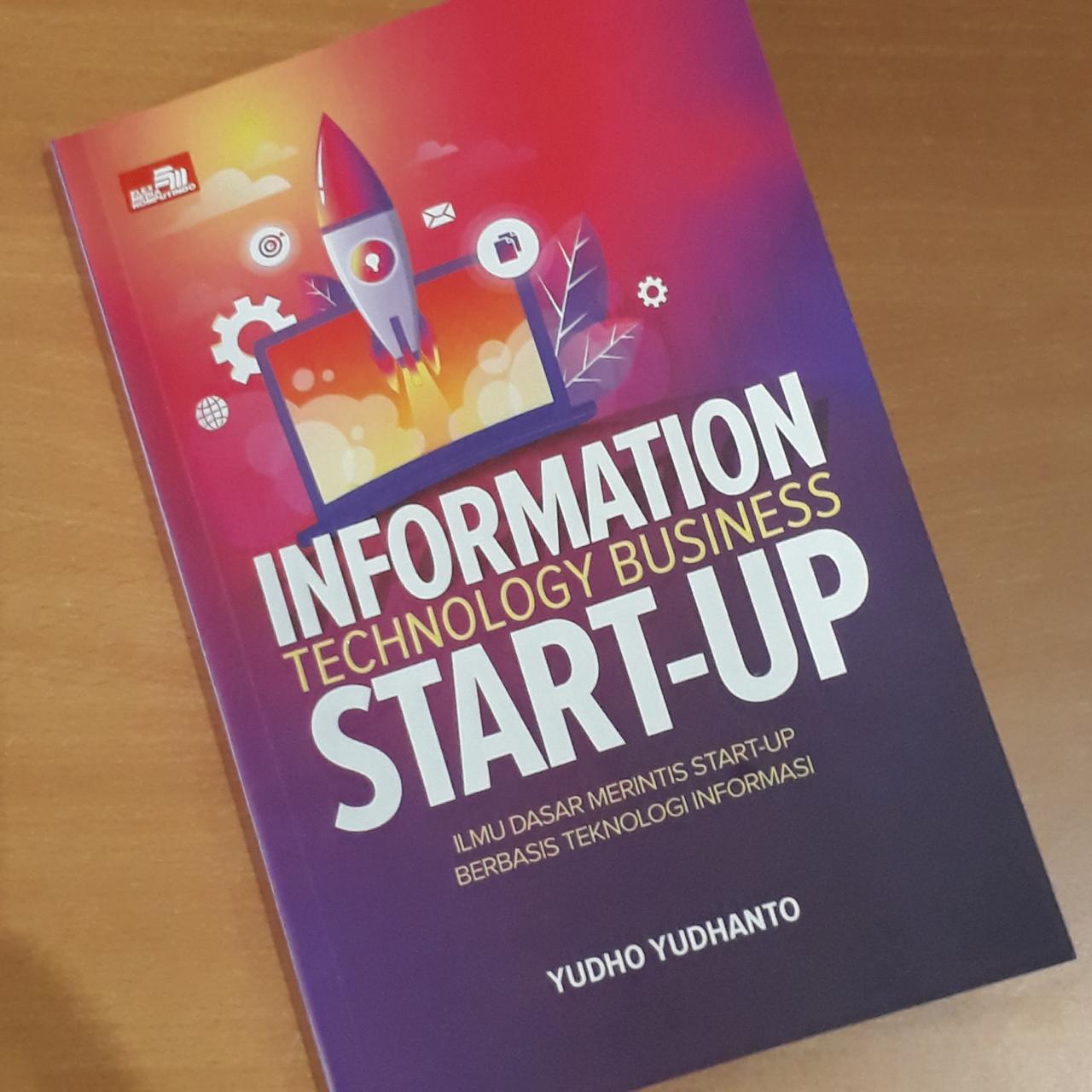Technology Fellow: A Guide to the Role
Technology Fellow is a title that embodies the intersection of technical expertise and strategic leadership. These individuals play a vital role in shaping the future of organizations by driving innovation, […]

Technology Fellow is a title that embodies the intersection of technical expertise and strategic leadership. These individuals play a vital role in shaping the future of organizations by driving innovation, tackling complex challenges, and guiding the development of cutting-edge technologies.
This role often requires a deep understanding of various technologies, coupled with the ability to collaborate effectively with teams, communicate complex ideas, and advocate for impactful solutions. Technology Fellows are often found in research-driven companies, tech startups, and academic institutions, where they contribute to pushing the boundaries of what’s possible.
Definition and Scope: Technology Fellow

A Technology Fellow is a highly skilled and experienced professional who plays a pivotal role in driving innovation and technological advancement within an organization. They are typically individuals with a deep understanding of emerging technologies, a proven track record of success, and a passion for pushing the boundaries of what’s possible.
Technology Fellows often serve as mentors, thought leaders, and technical experts, guiding teams and shaping the organization’s technological direction. They are instrumental in fostering a culture of innovation, attracting and retaining top talent, and ensuring that the organization stays ahead of the curve in a rapidly evolving technological landscape.
Roles and Responsibilities
Technology Fellows typically assume a variety of roles and responsibilities, which can vary depending on the specific organization and their area of expertise. However, some common responsibilities include:
- Conducting research and development: Technology Fellows are often at the forefront of exploring new technologies and developing innovative solutions to complex problems. They may be involved in research projects, prototyping new products or services, or experimenting with cutting-edge technologies.
- Mentoring and coaching: As seasoned professionals, Technology Fellows serve as valuable mentors and coaches for junior colleagues, sharing their knowledge and expertise to foster growth and development. They may provide guidance on technical skills, career development, and best practices.
- Technical leadership and strategy: Technology Fellows play a crucial role in shaping the organization’s technological strategy. They may contribute to strategic planning, identify emerging trends, and advocate for the adoption of new technologies.
- Collaboration and knowledge sharing: Technology Fellows are often involved in cross-functional teams, collaborating with colleagues from different departments to solve problems and develop innovative solutions. They actively share their knowledge and insights, fostering a culture of collaboration and innovation.
- Industry engagement and thought leadership: Technology Fellows may represent the organization at industry conferences, participate in research collaborations, and publish articles or white papers to share their expertise and insights. They often become thought leaders in their field, shaping industry trends and influencing the direction of technological advancements.
Industries and Organizations
Technology Fellows are employed across a wide range of industries and organizations, including:
- Technology companies: Technology giants like Google, Microsoft, Amazon, and Facebook heavily rely on Technology Fellows to drive innovation and maintain their competitive edge. These fellows often focus on areas like artificial intelligence, machine learning, cloud computing, and data science.
- Financial institutions: Banks, investment firms, and other financial institutions are increasingly employing Technology Fellows to develop innovative financial products and services, enhance cybersecurity, and improve risk management.
- Healthcare organizations: Hospitals, pharmaceutical companies, and healthcare technology providers are seeking Technology Fellows to develop solutions for improving patient care, managing data, and advancing medical research.
- Research institutions and universities: Technology Fellows are also found in research institutions and universities, where they contribute to cutting-edge research projects, mentor students, and shape the future of technology.
- Government agencies: Government agencies are increasingly recognizing the importance of technology and are employing Technology Fellows to develop solutions for public safety, national security, and public services.
Career Path and Progression

A Technology Fellow typically embarks on a distinguished career path, marked by continuous learning, innovation, and leadership. Their journey is characterized by a combination of technical expertise, strategic thinking, and a deep understanding of the technology landscape.
Career Advancement Opportunities
The career trajectory of a Technology Fellow is dynamic and often leads to leadership roles within organizations. Their expertise in specific technologies or domains can open doors to various advancement opportunities.
- Technical Leadership: Technology Fellows can progress to roles like Chief Technology Officer (CTO), Principal Engineer, or Head of Technology, where they oversee the technical direction and strategy of the organization.
- Research and Development: Some Technology Fellows may choose to focus on research and development, contributing to the advancement of cutting-edge technologies and solutions.
- Management and Consulting: Their deep understanding of technology allows them to transition into management or consulting roles, guiding organizations in adopting and leveraging new technologies effectively.
Specialization and Expertise, Technology fellow
Technology Fellows often develop specialized expertise in specific areas of technology. This specialization allows them to become thought leaders and contribute to the advancement of their chosen field.
- Artificial Intelligence (AI) and Machine Learning: With the rapid growth of AI, Technology Fellows with expertise in this area can play a crucial role in developing innovative solutions and driving advancements in AI-powered applications.
- Cloud Computing: As organizations increasingly rely on cloud-based services, Technology Fellows with expertise in cloud architecture, security, and deployment are in high demand.
- Cybersecurity: In a world increasingly vulnerable to cyber threats, Technology Fellows with expertise in cybersecurity are essential in safeguarding organizations and critical infrastructure.
Examples of Successful Technology Fellows
Many successful Technology Fellows have made significant contributions to the technology industry and beyond. Their career journeys serve as inspiration and showcase the diverse paths available to Technology Fellows.
- Dr. Fei-Fei Li: A renowned computer scientist and AI expert, Dr. Li has made significant contributions to the development of computer vision and deep learning. Her work has played a pivotal role in advancing AI research and its applications.
- Jeff Dean: A leading figure in Google’s AI research, Jeff Dean has been instrumental in developing technologies like TensorFlow and Google’s search engine. His contributions have had a profound impact on the tech industry and society.
- Demis Hassabis: Founder of DeepMind, Demis Hassabis has led the development of groundbreaking AI systems like AlphaGo and AlphaFold. His work has pushed the boundaries of AI research and its potential applications.
Future Trends and Opportunities
The field of technology is constantly evolving, presenting both challenges and opportunities for Technology Fellows. Understanding these trends is crucial for career advancement and staying relevant in a dynamic industry.
Emerging Technologies and their Impact
The rapid development of emerging technologies is shaping the future of work and impacting the Technology Fellow role in significant ways. These advancements offer new avenues for innovation and problem-solving while also demanding adaptability and continuous learning.
- Artificial Intelligence (AI) and Machine Learning (ML): AI and ML are transforming industries by automating tasks, analyzing data, and making predictions. Technology Fellows will need to develop skills in these areas to leverage their potential and contribute to the development of intelligent systems.
- Internet of Things (IoT): The increasing connectivity of devices is creating vast networks of data that can be analyzed to improve efficiency and decision-making. Technology Fellows with expertise in IoT can play a crucial role in designing and implementing these interconnected systems.
- Cloud Computing: Cloud platforms are enabling businesses to access and manage resources on demand, leading to greater scalability and flexibility. Technology Fellows need to understand cloud architectures and be able to deploy and manage applications in these environments.
- Cybersecurity: As technology becomes more interconnected, cybersecurity threats are also evolving. Technology Fellows with expertise in cybersecurity can help organizations protect their data and systems from malicious attacks.
Potential Future Career Paths
Technology Fellows possess a unique blend of technical skills and business acumen, making them well-suited for a variety of career paths. As technology continues to evolve, new opportunities will emerge, requiring adaptability and a willingness to learn.
- Data Scientist: The demand for data scientists is growing rapidly as organizations seek to leverage data for insights and decision-making. Technology Fellows with strong analytical skills and experience in data analysis can transition into this role.
- Software Architect: As software systems become more complex, skilled software architects are needed to design and develop scalable and robust architectures. Technology Fellows with a deep understanding of software development principles and best practices can excel in this area.
- Product Manager: Technology Fellows with a strong understanding of technology and a passion for innovation can transition into product management roles, where they can define product vision, manage development, and bring new products to market.
- Technology Consultant: Technology Fellows can leverage their technical expertise and business acumen to advise organizations on technology strategy and implementation.
Adapting to Evolving Technological Landscapes
The rapidly changing nature of technology demands continuous learning and adaptation. Technology Fellows can thrive in this dynamic environment by embracing the following strategies:
- Stay Updated: Regularly engage with industry publications, attend conferences, and participate in online learning platforms to stay abreast of the latest technological advancements.
- Develop New Skills: Invest in acquiring new skills in emerging technologies such as AI, ML, and cloud computing. Consider pursuing certifications or taking online courses to enhance your skillset.
- Network and Collaborate: Engage with industry professionals through online communities, networking events, and professional organizations to exchange knowledge and stay connected with the latest trends.
- Embrace Experimentation: Be open to experimenting with new technologies and exploring innovative solutions. Embrace a growth mindset and be willing to learn from your mistakes.
Closure

The role of a Technology Fellow is dynamic and evolving, constantly adapting to the rapid pace of technological advancements. As technology continues to reshape our world, the demand for skilled and visionary individuals like Technology Fellows will only grow. Their contributions are essential for driving progress, fostering innovation, and shaping the future of technology.
A technology fellow is often at the forefront of innovation, constantly seeking ways to push the boundaries of what’s possible. This often involves exploring cutting-edge technologies like trihex technology , which has the potential to revolutionize industries. As a technology fellow, one must be adaptable and willing to learn, embracing new concepts and adapting them to create solutions for real-world problems.








